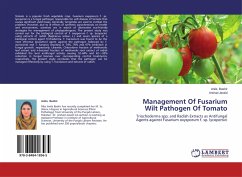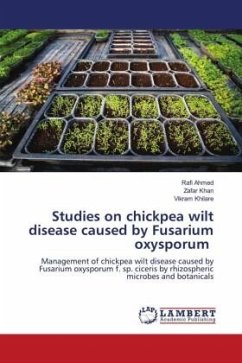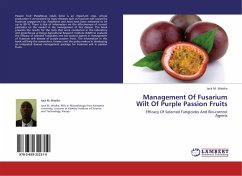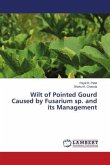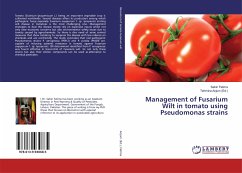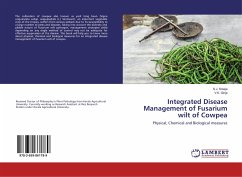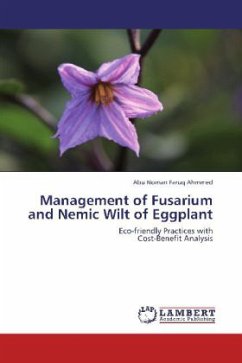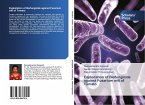Tomato is a popular fresh vegetable crop. Fusarium oxysporum f. sp. lycopersici is a fungal pathogen responsible for wilt disease of tomato that causes significant yield losses. Generally, fungicides are used to combat the problem. However, due to ill effects of synthetic agrochemicals on health and environment, scientists are in search of alternative eco-friendly strategies for management of phytopathogens. The present study was carried out for the biological control of F. oxysporum f. sp. lycopersici using extracts of radish (Raphanus sativus L.) and seven species of a biological control agent Trichoderma. T. harzianum was found to be the most effective biocontrol agent against the pathogen followed by T. aureoviridi and T. hanatus resulting in 74%, 70% and 67% inhibition in fungal growth, respectively. Likewise, Chloroform fraction of methanolic leaf extract and n-butanol fraction of methanolic root extract of radish exhibited the best antifungal activity causing 52-64% and 62-95% reduction in fungal biomass over corresponding control treatments, respectively. The present study concludes that the pathogen can be managed effectively by using T. harzianum and extracts of radish.
Bitte wählen Sie Ihr Anliegen aus.
Rechnungen
Retourenschein anfordern
Bestellstatus
Storno

